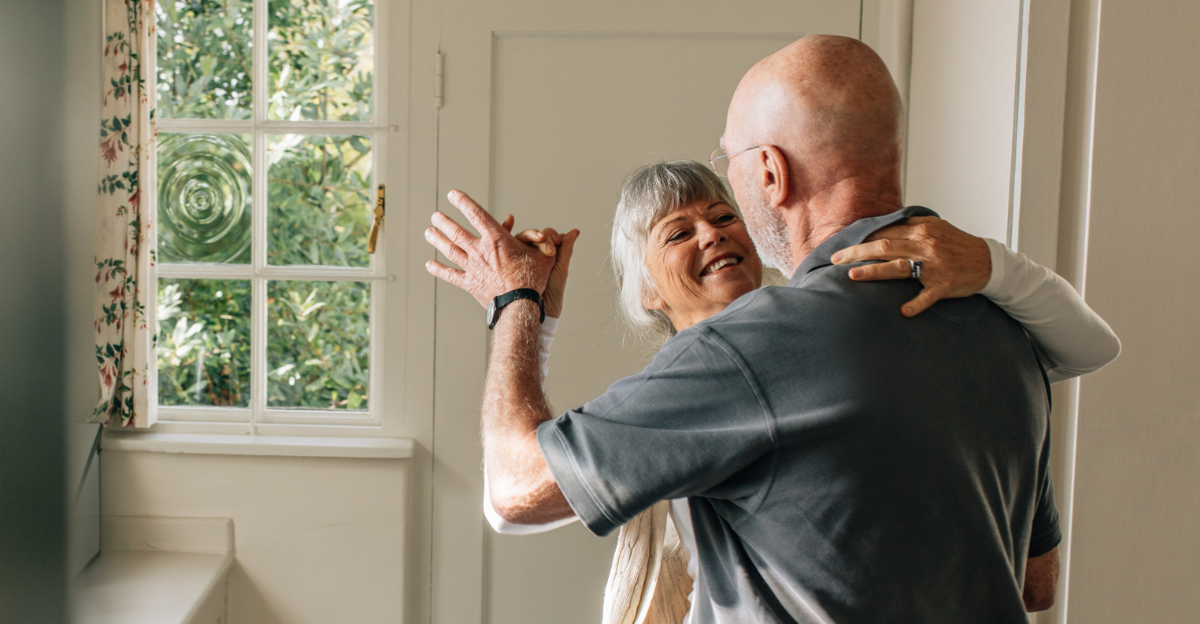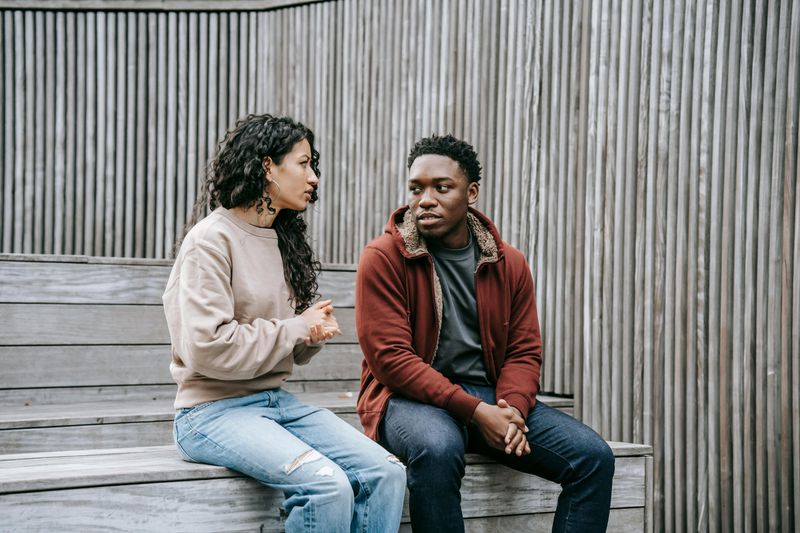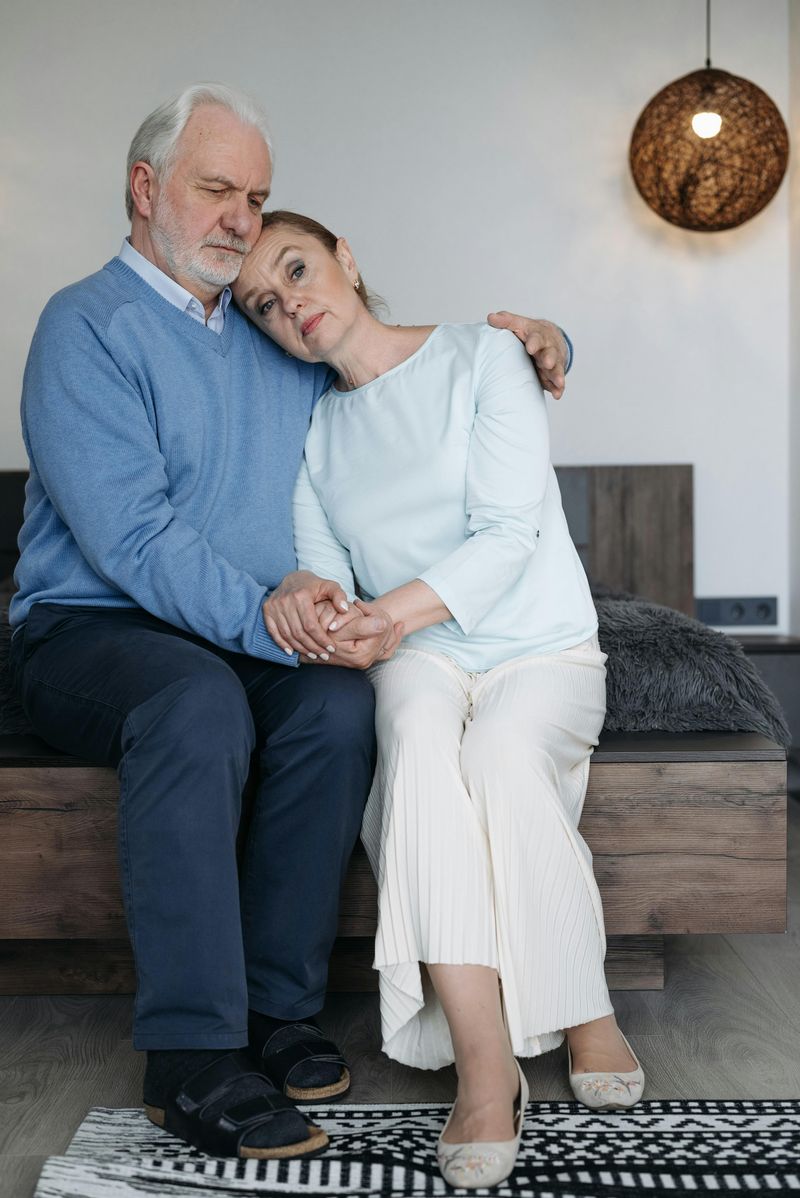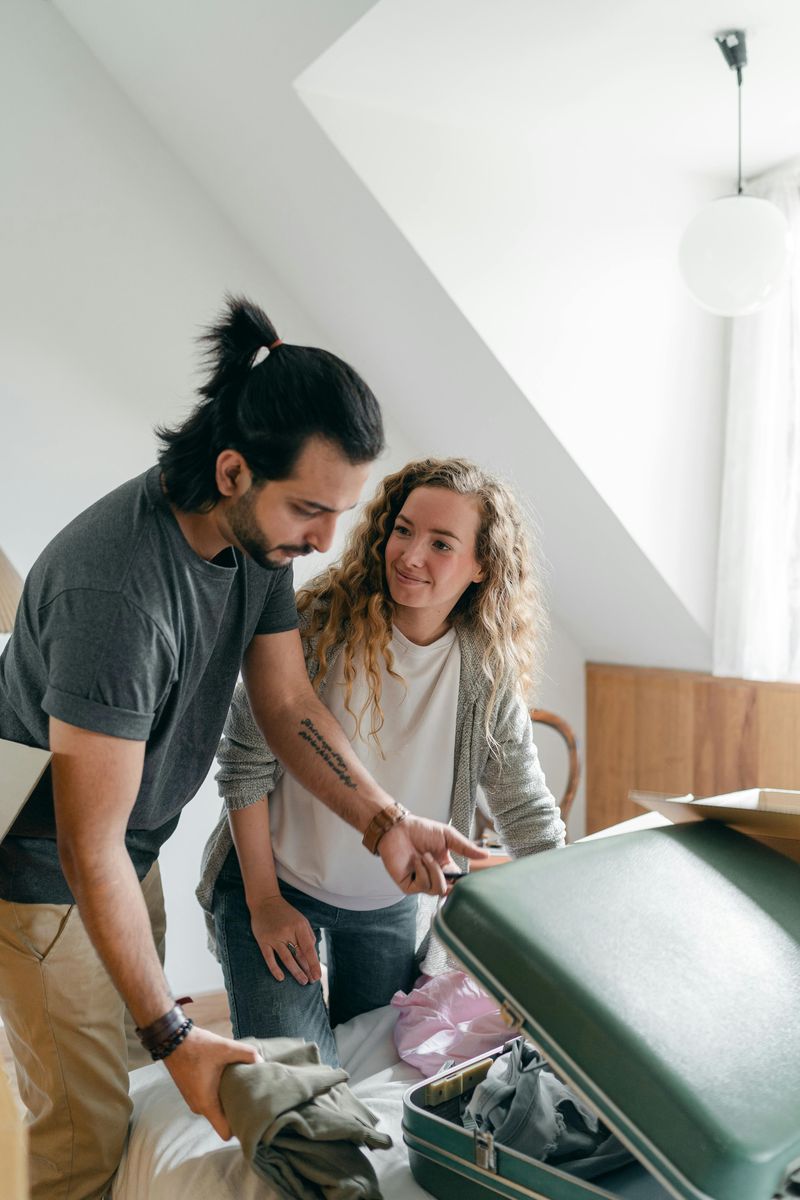Building a relationship where both people feel safe to be themselves takes more than just love. It requires daily actions that show your partner they can trust you with their heart. When emotional safety exists, couples communicate openly, handle conflicts better, and grow closer over time. These simple everyday habits can transform your relationship into a secure space where both partners thrive.
1. Listen to Understand (Not Just to Respond)
Most people listen while mentally preparing their next response. Your partner can feel the difference when you truly focus on understanding their words, emotions, and needs without rushing to fix or reply.
Put away distractions when your partner speaks. Make eye contact and notice their body language. Ask clarifying questions that show genuine interest in what they mean, not just what they said.
This habit builds trust because your partner learns their thoughts matter to you. They feel heard rather than dismissed. Over time, this creates a safe space where both people share more openly and honestly.
2. Validate Your Partner’s Feelings
Feelings are not right or wrong—they simply exist. When your partner expresses emotions, validation means acknowledging those feelings as real and important, even if you see things differently.
Say things like, “That makes sense” or “I understand why you feel that way.” Avoid phrases like “You shouldn’t feel that way” or “You’re overreacting,” which shut down communication and create distance.
Validation doesn’t mean you agree with everything. It means you respect your partner’s emotional experience. This acceptance helps them feel safe sharing vulnerable feelings without fear of judgment or criticism.
3. Practice Consistency and Reliability
Emotional safety grows when actions match words over time. Following through on promises, showing up when you say you will, and maintaining steady behavior creates predictability your partner can depend on.
Small acts matter most: remembering to call when running late, keeping commitments, and maintaining routines you’ve established together. These actions demonstrate respect and consideration.
Inconsistency creates anxiety and doubt. When your partner knows what to expect from you, they relax and trust more deeply. Reliability becomes the foundation that supports everything else in your relationship, making both people feel secure.
4. Express Gratitude and Appreciation Daily
Appreciation acts like sunshine for relationships. Noticing and thanking your partner for everyday contributions—big or small—reminds them their efforts matter and are seen.
Say “thank you” for cooking dinner, handling errands, or simply being patient during a tough day. Specific compliments work better than generic ones: “I appreciate how you always make time to listen” beats a simple “You’re great.”
Daily gratitude prevents taking each other for granted. It shifts focus toward positive qualities rather than flaws. This habit creates warmth and security, showing your partner they’re valued for who they are and what they bring to the relationship.
5. Be Vulnerable and Share Your Emotions
Opening up about fears, insecurities, and deeper feelings invites your partner into your inner world. Vulnerability creates connection because it shows trust and authenticity.
Share not just facts about your day, but how events made you feel. Admit when you’re scared, uncertain, or need support. This honesty gives your partner permission to do the same.
Many people fear vulnerability will make them seem weak. Actually, it strengthens bonds by showing you trust your partner with your true self. When both people share openly, emotional safety deepens and intimacy flourishes naturally.
6. Ask Before Offering Advice
Sometimes people need to vent, not solve. Jumping straight to advice can make your partner feel unheard or like their problem isn’t valid enough to just talk about.
Before offering solutions, ask: “Do you want help figuring this out, or do you just need me to listen?” This simple question shows respect for what they actually need in that moment.
Unsolicited advice often feels like criticism or implies your partner can’t handle things alone. Asking first creates safety because it honors their autonomy. They’ll come to you more often knowing you won’t automatically try to fix everything.
7. Honor and Respect Boundaries
Boundaries aren’t walls—they’re guidelines that protect each person’s well-being. Respecting your partner’s limits around time, space, privacy, and emotional needs shows you value them as an individual.
When your partner says they need alone time or aren’t ready to discuss something, accept it without pressure or guilt-tripping. Trust they know what they need and will return when ready.
Healthy boundaries actually increase closeness because both people feel safe expressing needs without fear. Pushing past boundaries damages trust and creates resentment. Honoring them builds security and mutual respect that strengthens your connection.
8. Pause and Regulate Your Reactions
Strong emotions can trigger instant reactions you later regret. Taking a moment to breathe and think before responding prevents hurtful words that damage emotional safety.
When feeling angry or defensive, pause. Count to ten, take deep breaths, or step away briefly if needed. This isn’t avoiding conflict—it’s choosing to respond thoughtfully rather than react impulsively.
Your partner feels safer when they know you won’t lash out unpredictably. Self-regulation shows maturity and respect. It creates space for productive conversations instead of explosive arguments that leave emotional wounds. This habit protects the trust you’ve built together.
9. Offer Reassurance and Repair After Hurts
No relationship is perfect. Mistakes happen, feelings get hurt, and misunderstandings occur. What matters most is how you repair damage and restore connection afterward.
Apologize sincerely when you’ve caused pain: “I’m sorry I said that. It was hurtful, and I understand why you’re upset.” Then offer reassurance: “You matter to me, and I’ll work on doing better.”
Quick repairs prevent small hurts from becoming big wounds. They show your partner that preserving the relationship matters more than being right. This habit rebuilds trust and demonstrates that emotional safety remains your priority even during difficult moments.
10. Engage in Small Rituals or Routines Together
Shared rituals create stability and connection. Morning coffee together, evening walks, or Sunday breakfast traditions become anchors that provide comfort and predictability in your relationship.
These don’t need to be elaborate. Even five minutes of checking in before bed or a goodbye kiss each morning builds emotional security through consistent connection.
Rituals say “you’re important” through repeated actions. They create moments both partners can count on, strengthening bonds through regular positive interactions. When life gets chaotic, these small routines remind you both that your relationship remains a safe, steady presence.
11. Stay Curious About Your Partner’s Inner World
People change and grow continuously. Assuming you know everything about your partner closes doors to deeper understanding. Curiosity keeps relationships fresh and shows ongoing interest in who they’re becoming.
Ask open-ended questions: “What’s been on your mind lately?” or “What are you excited about right now?” Listen to their dreams, fears, and evolving thoughts without judgment.
This habit communicates that your partner remains fascinating to you. It prevents stagnation and creates space for growth. When both people feel continuously seen and explored, emotional safety flourishes because you’re both committed to truly knowing each other.











